As Election Day approaches, former President Donald Trump has increasingly been warning that if he loses, it will be because of cheating.
“They’re going to cheat. They cheat. That’s all they want to do is cheat,” Trump said of Democrats during a rally this month in Juneau, Wisconsin. “It’s the only way they’re going to win. And we can’t let that happen, and we can’t let it happen again. We’re going to have no country.”
He followed up at a rally in Greenville, North Carolina, last week by looking out into the crowd at Republican National Committee Chairman Michael Whatley and asking, “They’re trying, but are they — they’re not going to get away with it, right?”
And at a rally in Prairie du Chien, Wisconsin, in September, Trump asserted he would win despite cheating and then prosecute those involved in the alleged voter fraud.
“When we win, we’re going to prosecute people that cheat on this election. And if we can, we’ll go back to the last one too, if we’re allowed,” Trump said, referring to the 2020 election. “We’re going to prosecute people, so at least they know that’s going to happen.”
Trump has long inaccurately claimed that he is the legitimate winner of the 2020 election, and false claims of Democratic meddling have been a centerpiece of his campaign this cycle. But by pre-emptively raising doubts about the results, Trump is setting the stage to possibly challenge the outcome and throw the electoral system into chaos once again.
An NBC News analysis found that at his last 20 rallies, Trump mentioned Democrats’ likelihood of cheating in the November election at 14 of those events. By comparison, in 20 of his rally speeches over the summer, Trump referenced Democrats trying to cheat in the 2024 race just five times.
Democrats are already preparing for Trump to either declare a premature victory on election night or legally challenge the results if he loses. Some of Trump’s allies have also speculated to NBC News that they anticipate he may declare himself the winner even if the results are not yet settled.
“Of course,” Harris told NBC News in an interview Tuesday when asked if her campaign is preparing for such a scenario. “This is a person, Donald Trump, who tried to undo a free and fair election, who still denies the will of the people, who incited a violent mob to attack the United States Capitol and 140 law enforcement officers were attacked.”
Trump’s pronouncements that he may not accept the election results aren’t new; it’s the frequency that has increased. In May, he told the Milwaukee Journal Sentinel, “If everything’s honest, I’d gladly accept the results. If it’s not, you have to fight for the right of the country.”
In late April, he would not dismiss the possibility of political violence, telling Time, “If we don’t win, you know, it depends. It always depends on the fairness of the election.”
Printed on campaign signs scattered throughout arenas and echoed in speech after speech by the former president is the phrase “too big to rig”; it refers to making sure so many voters turn out for Trump that it would dwarf any potential cheating by Democrats.
In the past few weeks, though, Trump has more frequently raised the possibility that Democrats will carry out widespread cheating:
- In an interview on the Sid Rosenberg podcast on Oct. 7, Trump said, “These guys go into an election and their first meeting is getting [Democratic lawyer] Marc Elias and all these people that they have and figuring out how to cheat. How do we cheat? And that’s all they think. It’s a passion for them.”
- Last month, Trump made a baseless accusation that Democrats intend to use a decades-old law that allows Americans living overseas to vote by mail in order to “cheat.” In a Truth Social post, Trump wrote: “The Democrats are talking about how they’re working so hard to get millions of votes from Americans living overseas. Actually, they are getting ready to CHEAT! … They want to dilute the TRUE vote of our beautiful military and their families…”
- Trump has repeatedly, without evidence, said that Democrats are registering undocumented immigrants to vote illegally. “They’re actually using it to cheat,” Trump said on the Los Angeles radio station KFI AM 640 on Oct. 8. “I think they’re putting a lot of people on the voter rolls and trying to get them to vote.”
Last week at a campaign rally, Trump asserted that he would win even California this November, claiming he also won it in 2020 despite actually losing it by 5 million votes to Joe Biden — a claim he has repeatedly made since leaving office.
“If Jesus came down and was the voter counter, I would win California,” Trump said to Phil McGraw in a September interview.
Trump’s running mate, Sen. JD Vance of Ohio, and his billionaire ally Elon Musk have sowed similarly misleading claims about voter fraud.
In Trump’s return to Butler, Pennsylvania, this month, the Tesla CEO took the stage, encouraging the crowd to vote and warning them that if Trump loses this upcoming election, it would be the last U.S. election to ever take place.
“Get everyone you know and everyone you don’t know, drag them to register to vote,” Musk said. “Make sure they actually do vote. If they don’t, this will be the last election,” he said.
On the same day, Vance falsely claimed that Democrats are working to give millions of undocumented immigrants the right to vote in U.S. elections.
“One of the things that you’ve seen is an astonishing willingness from Democratic leadership in this country to talk about giving the right to vote to millions upon millions of illegal aliens,” Vance claimed. “If you take millions of people who shouldn’t be here and give them the right to vote, that fundamentally deprives American citizens of their constitutional right to vote.”
But so far, Trump’s campaign has not been able to identify evidence that the 2024 election would not be free and fair, including when asked for comment for this article.
Trump himself acknowledged that he could not identify a single instance of cheating in the 2024 election thus far when asked by NBC News last week in Swannanoa, North Carolina, if he had any specific allegations.
“Well, I haven’t,” Trump responded. “Unfortunately, I know the other side and they are not good. But I have not seen it. Michael, have you seen anything suspicious? We’re very early in the process.”
He then turned to Whatley, the RNC chair, who responded: “Yeah, we’re very early in the process, and we’re tracking across all 50 states right now to make sure that the systems that we want to have in place are in place. And we’re very happy with the initial results.”
Trump has had similar mixed messaging on early voting. He has remained vocally skeptical of the practice and has noted on a handful of occasions that if early voting is occurring, fraud will ensue.
“They have early voting, late voting, everything is so ridiculous,” Trump said onstage in Palm Beach, Florida, in July. “We should have one-day voting, paper ballots, voter ID and certification of citizenship. And that’s what we’re striving for.”
But Trump has also spoken favorably of early voting, usually in more choreographed settings. Trump posted a TikTok video encouraging people to vote early, and occasionally he will deliver a prepared remark during campaign speeches that encourages early voting, without a caveat. Trump also voted early himself in Florida in September.
Trump also raised doubts about the federal government’s disaster relief efforts in particularly rural, conservative areas of North Carolina hit by Hurricane Helene in September, suggesting that the Biden-Harris administration sought not to help victims in “Republican areas.”
Last week, however, when asked whether he had any concerns or reasons to question the credibility or legitimacy of North Carolina’s election results as a consequence of the storm’s impact, Trump said that he did not.
“No, I think in a way, it’s the opposite,” Trump responded. “I mean, we’re so impressed, and I think they have a pretty good system here. Michael Whatley was responsible to a certain extent, and the new people that took Michael’s place. I think I have not heard any complaints about that.”
Garrett Haake
,
Gary Grumbach
,
Jillian Frankel
and
Isabelle Schmeler
contributed
.

 3 settimane fa
7
3 settimane fa
7
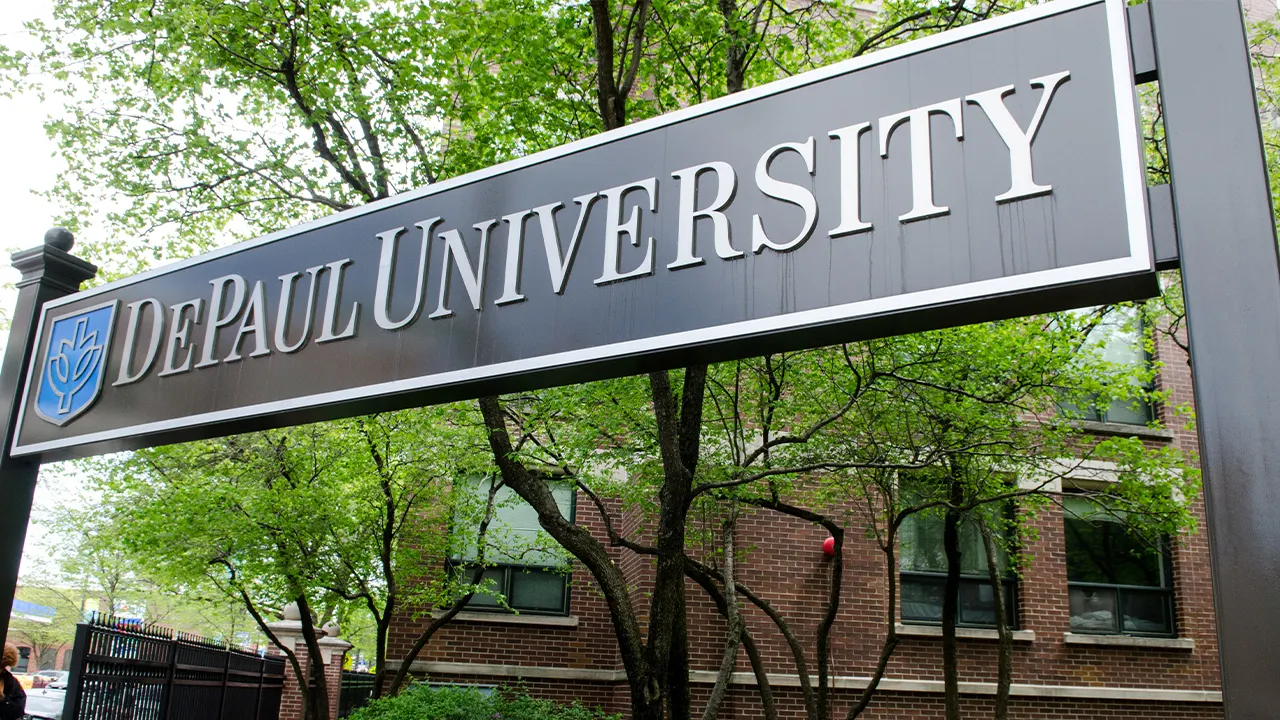

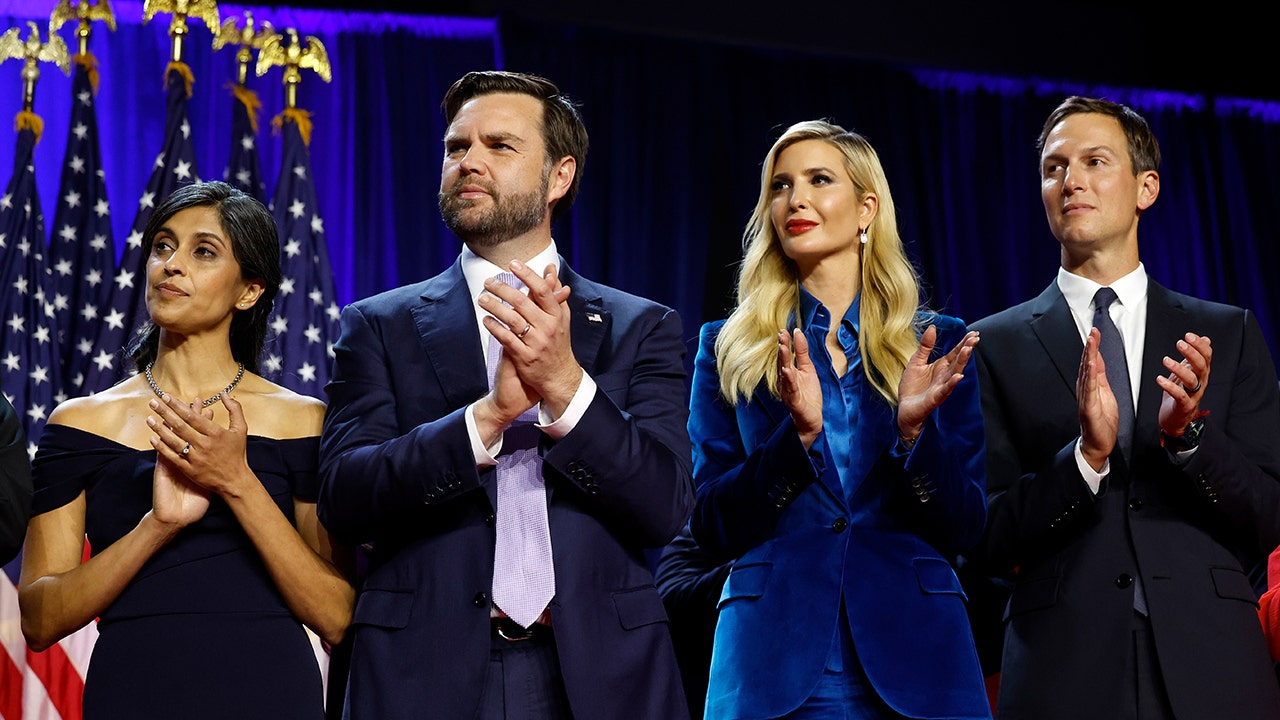
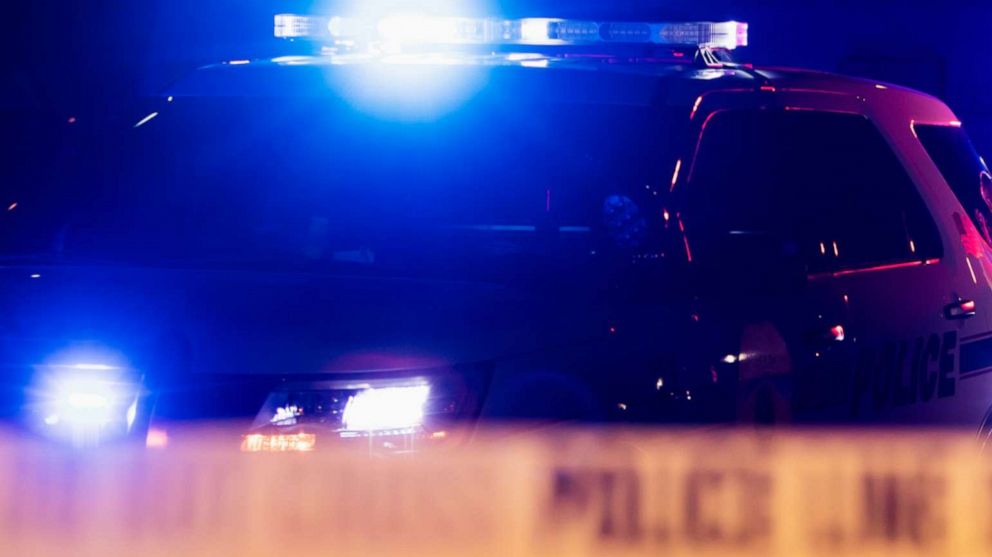

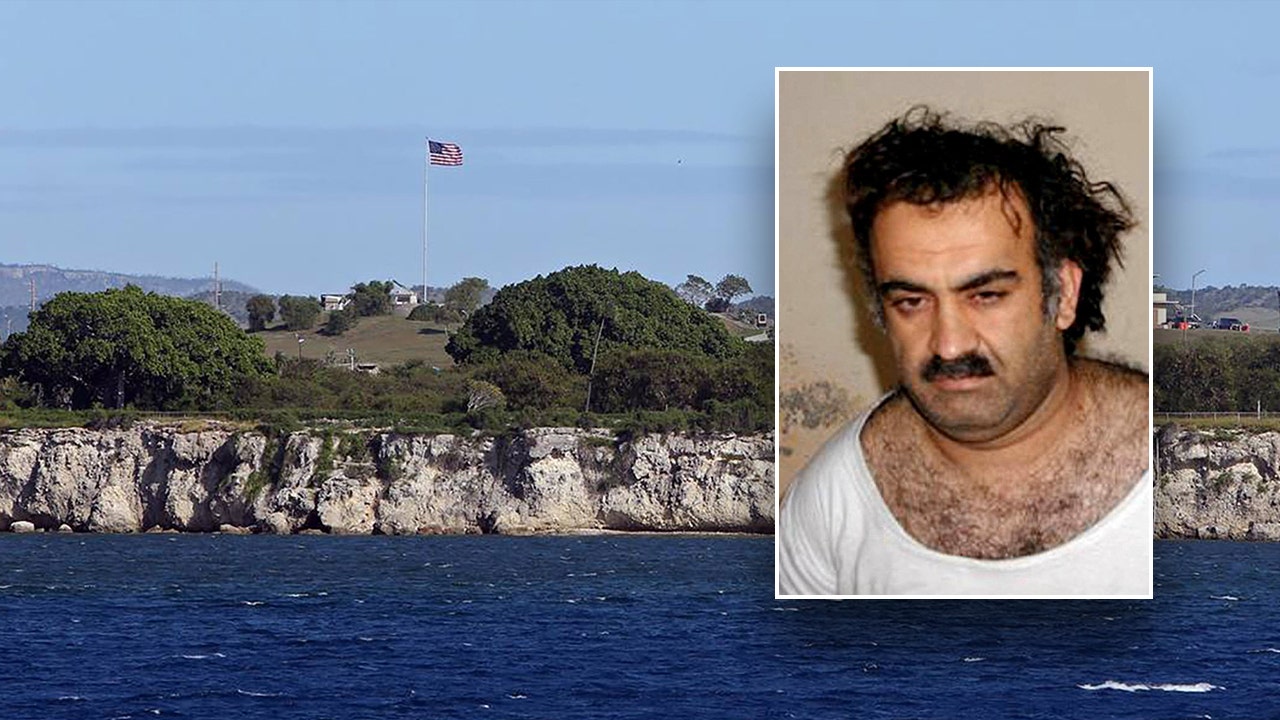
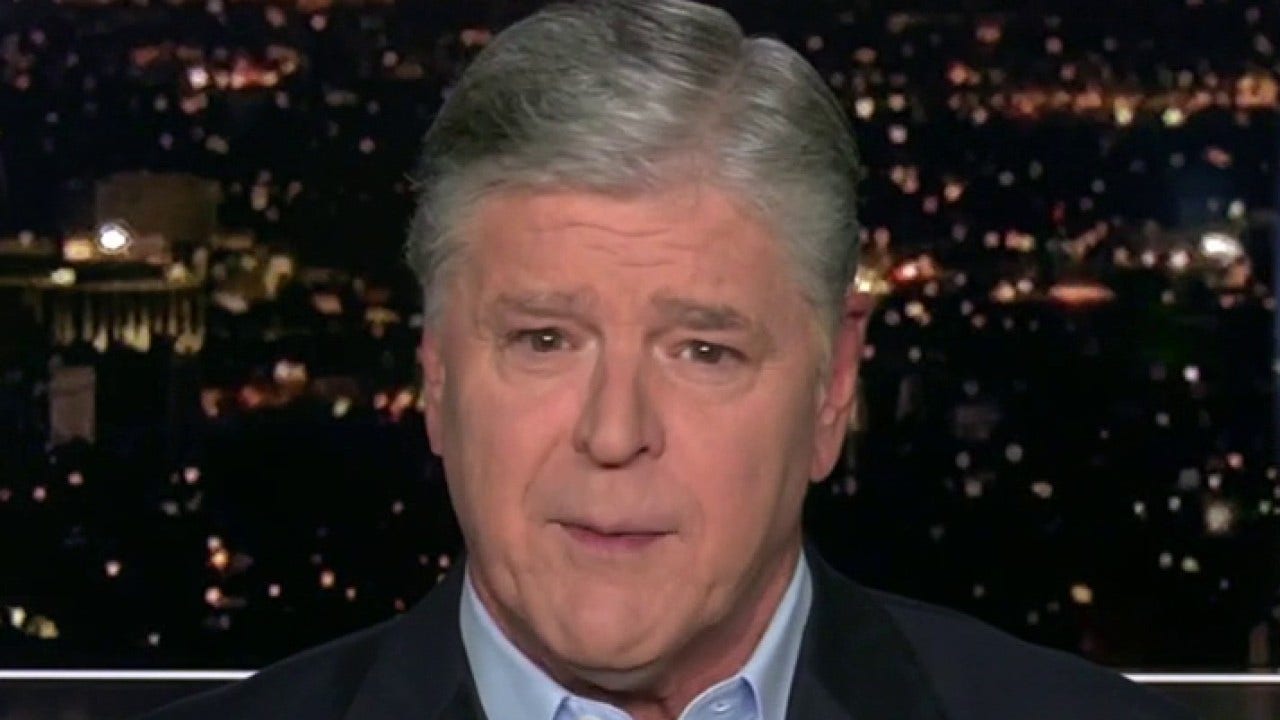
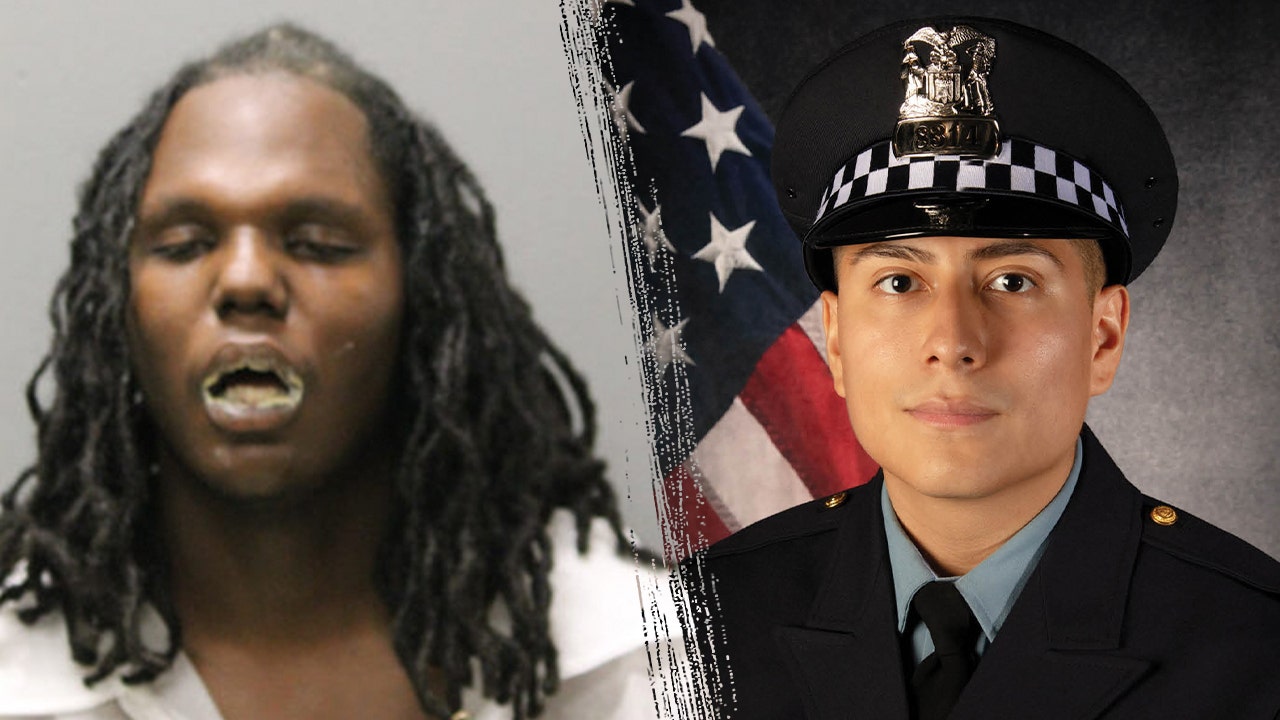
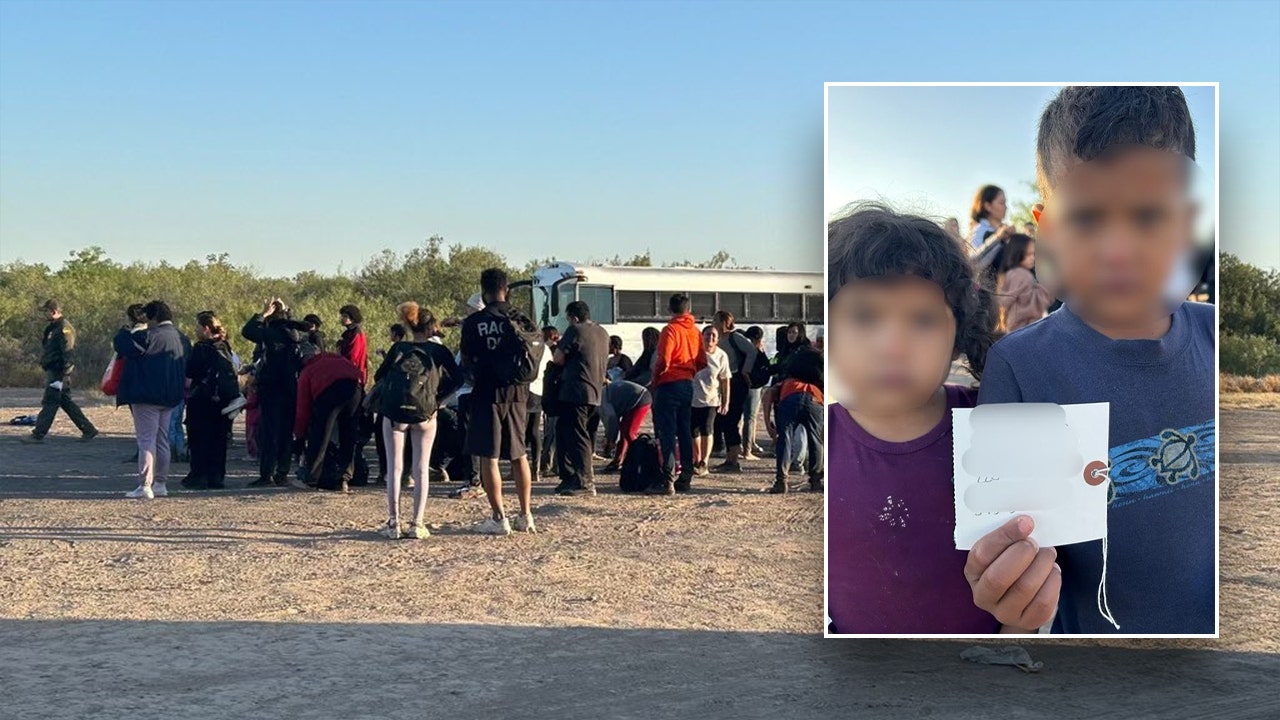






 English (US) ·
English (US) ·